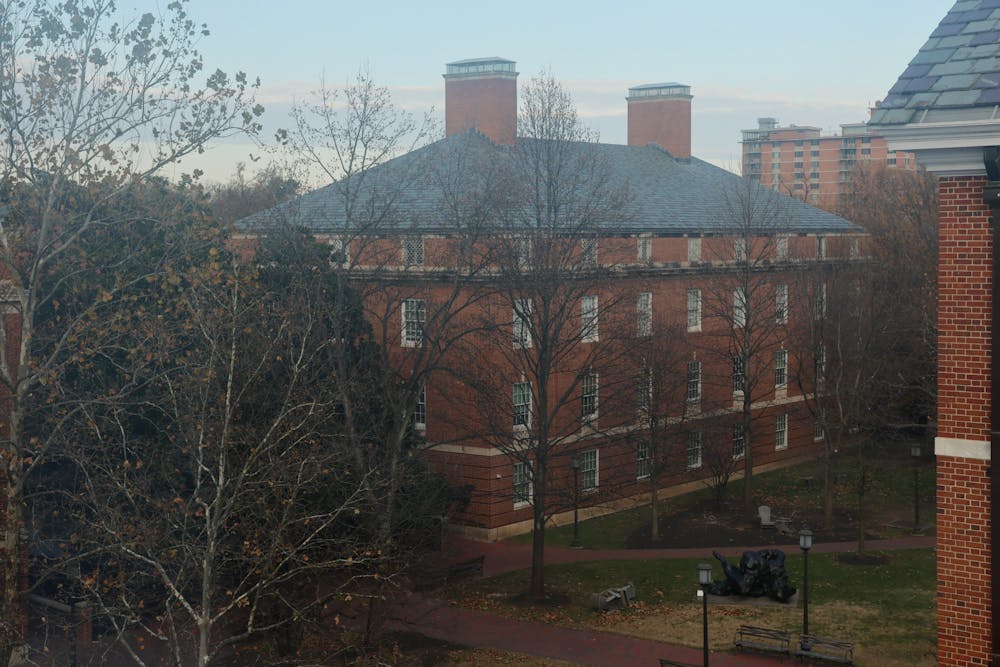QuestBridge announced its partnership with the University in a press release on Jan. 19. QuestBridge is a national nonprofit that connects high-achieving, low-income students with leading colleges and opportunities. In Fall 2023, the University will participate in the QuestBridge National College Match, a program that connects low-income students with admission and full four-year scholarships to QuestBridge college partners.
In an email to The News-Letter, Dean of Undergraduate Admissions Ellen Chow explained how the partnership aligns with the University’s values.
“[The University] is committed to enrolling the best and most talented students from all socioeconomic backgrounds,” she wrote. “We particularly want to ensure that students from lower-income families, first-generation students, and those with fewer resources have access to tools that help them find, apply to and enroll at the schools that are right for them—including Hopkins.”
The University will also participate in events for QuestBridge College Prep Scholars, a program that helps high school juniors prepare for the competitive college admissions process.
Hopkins students from first-generation, limited-income (FLI) backgrounds have been involved in Matriculate, a non-profit organization that matches high-achieving, low-income high school students with volunteer college student Advising Fellows to help guide them through the college admission and financial aid process.
Junior Matriculate Advising Fellow and first-generation college student Serena Tang explained the necessity of programs like QuestBridge and Matriculate in an email to The News-Letter.
“The U.S. college and financial aid process is generally very complex with many misconceptions,” she wrote. “There was no one in my family I could turn to, and high school counselors were rarely available for detailed advising.”
Tang shared a glimpse into the impact that the University’s partnership with QuestBridge will have on low-income students.
“You should have seen our Slack channel on the day [the partnership] was announced. Many of our [High School Fellows] have asked us whether they could apply to [Hopkins] through QuestBridge, “ she wrote. “There were so many who would have applied to [Hopkins] if it was a QuestBridge partner.”
Tang stressed that the partnership with QuestBridge is an important way for the University to continue expanding its support for high-achieving, low-income students.
Sophomore Matriculate Advising Fellow Catalina Hernandez Valencia shared sentiments similar to Tang’s. Valencia described the importance of financial aid for low-income students in an email to The News-Letter.
“Personally, I couldn’t have attended Hopkins without all the financial aid I got and to give more students the opportunity to attend the school without any financial concerns is a great step,” she wrote.
In an email to The News-Letter, sophomore Nasharie Stewart highlighted the unfamiliarity of the college application process for her and her family.
“Luckily I was a part of a similar program [to QuestBridge] that was intended to help students through the application process and that proved to be very helpful, “ she wrote.
Drawing from her college application and mentorship experience, Tang emphasized that scholarship programs like QuestBridge are just one step in the process of the University helping FLI students. She added that she would like to see the University provide more programming and resources for FLI students, such as financial literacy courses, professional development and targeted financial assistance for low-income students admitted into the University.
Stewart expressed similar sentiments about the importance of providing FLI students with other resources.
“It’s important that [Hopkins] continues to not only make attending this [University] possible to [FLI students and students of color], but that they also provide those students with the necessary resources and support when they do attend,” she wrote. “We want this to be a diverse community where everyone feels included, supported and confident entering the real world.”
Aashi Mendpara is an Advising Fellow with Matriculate and News & Features Editor at The News-Letter. She did not contribute to the reporting, writing or editing of this piece.





